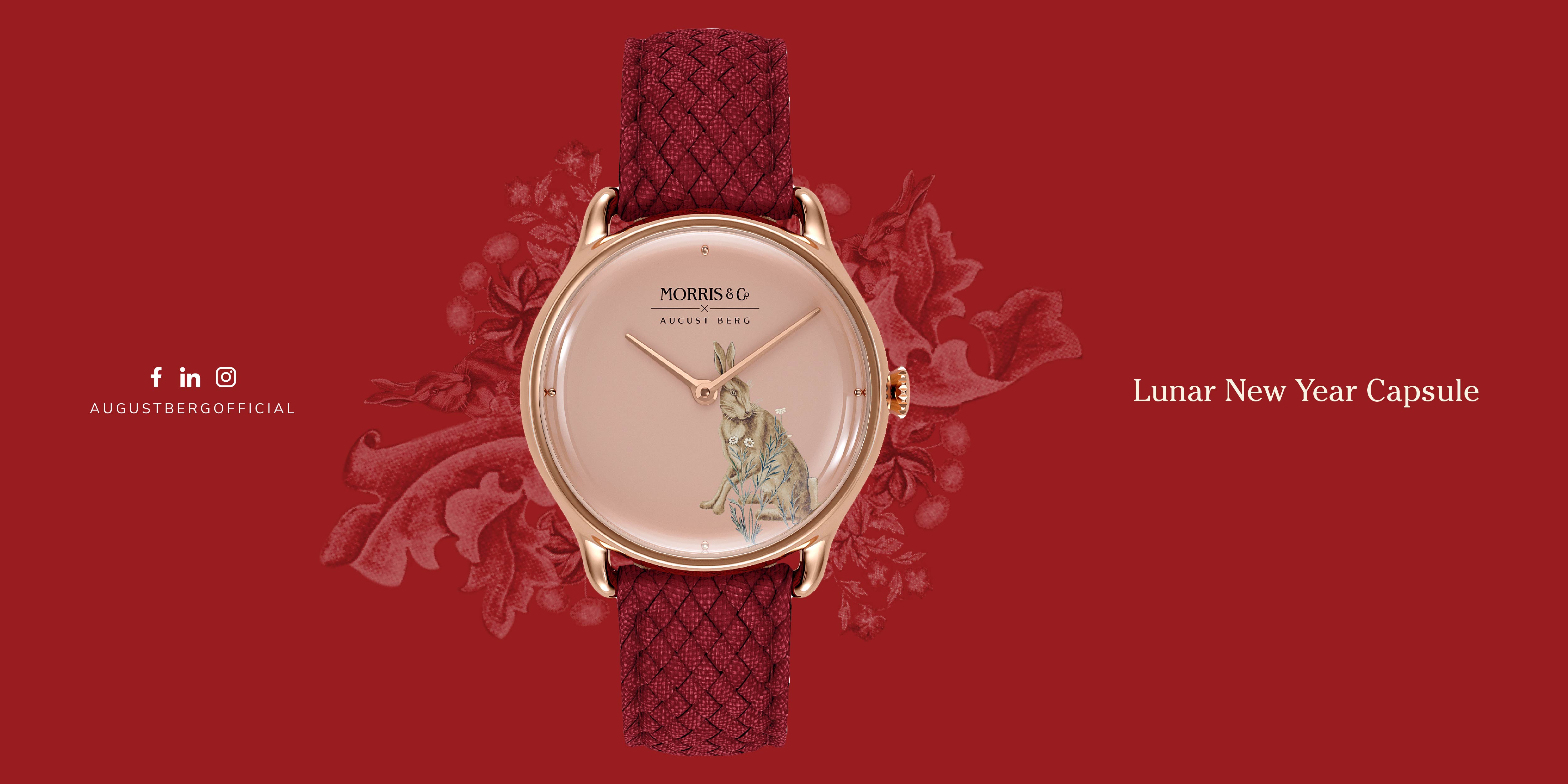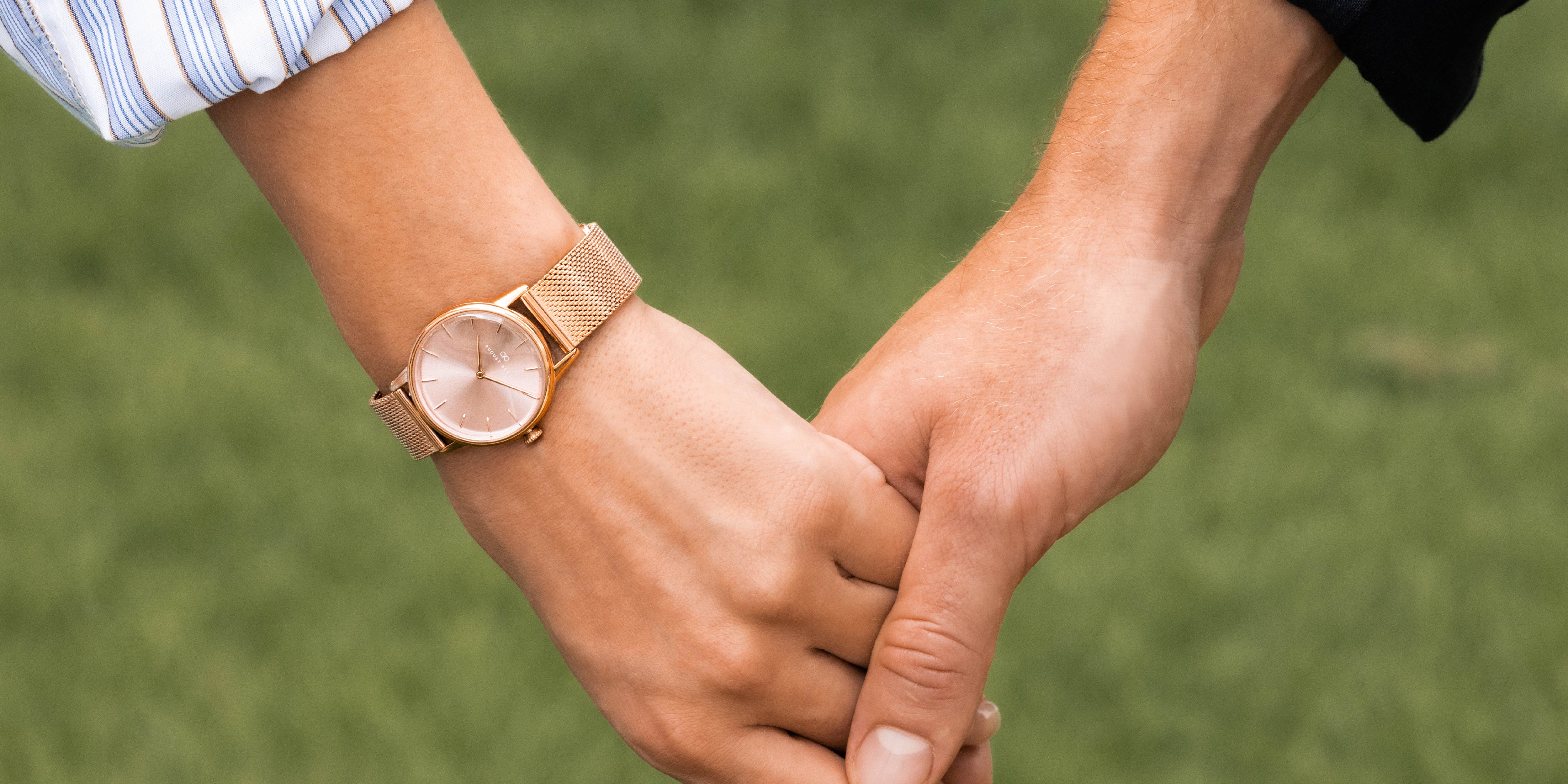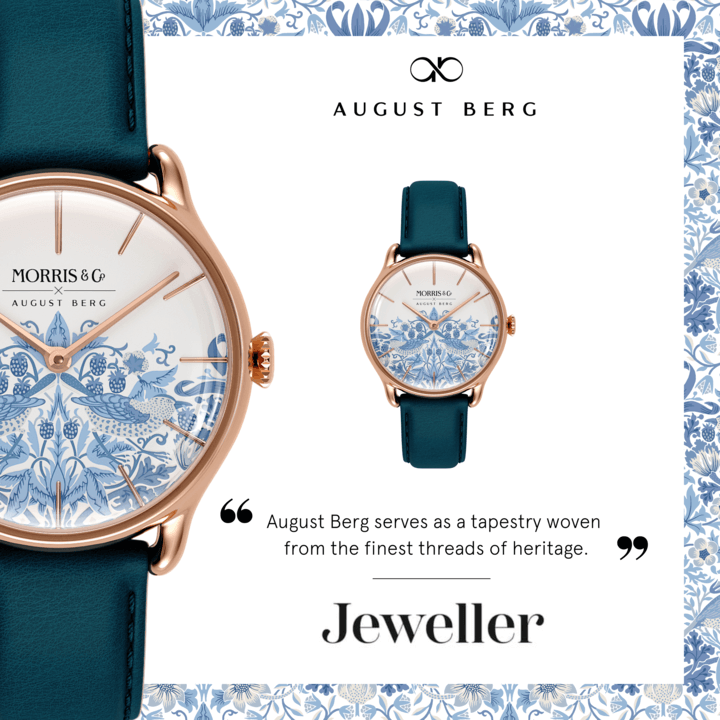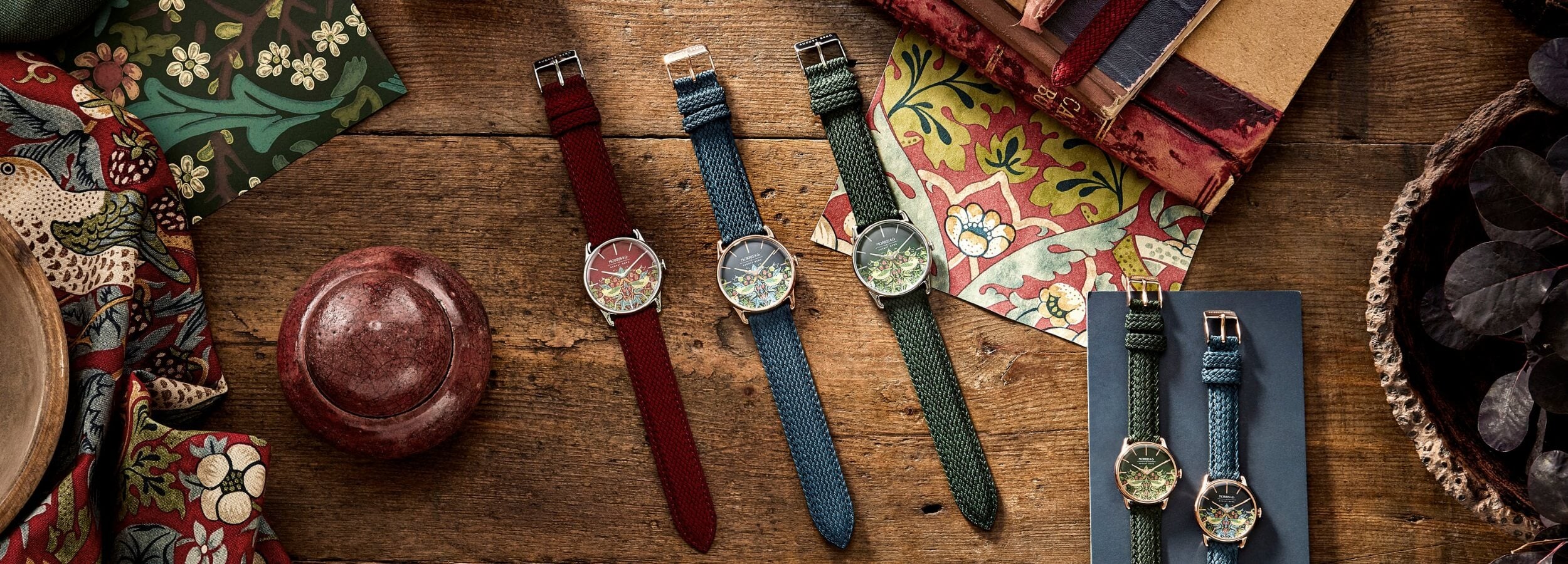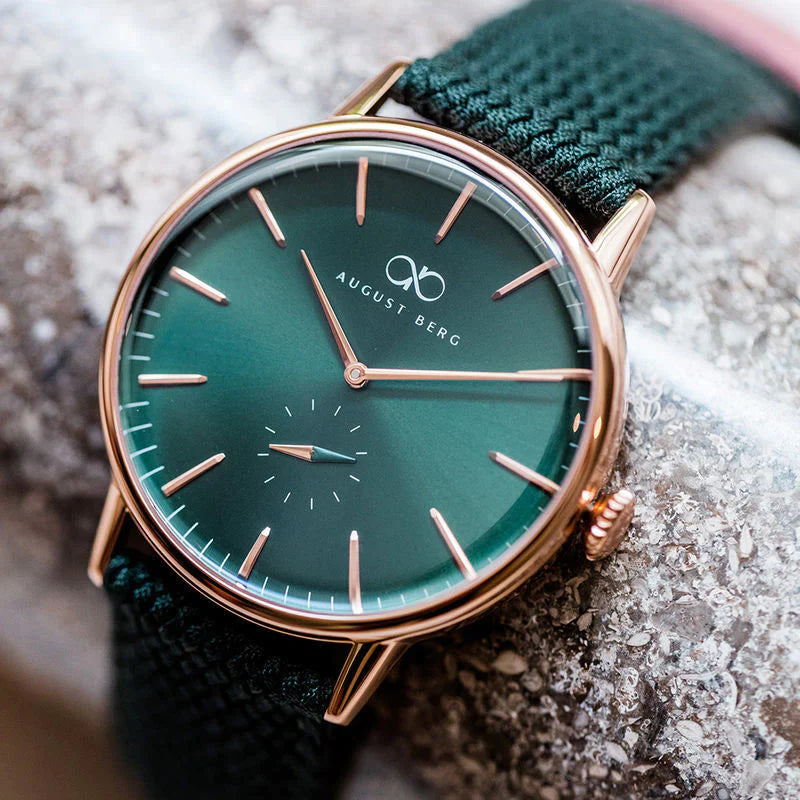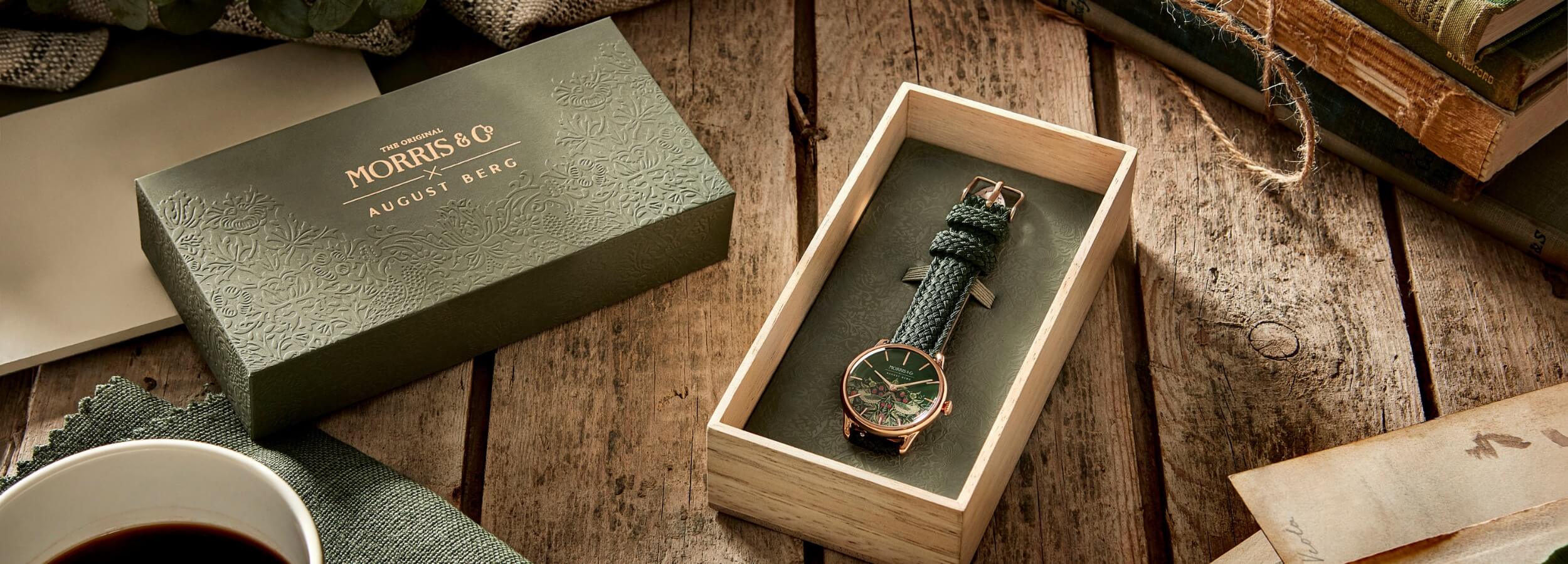Are you ready to celebrate Lunar New Year like a pro?
We’ll give you all the information you need to know about the history, traditions and fun activities that come with celebrating Lunar New Year like a pro! Read on to learn more about the Lunar New Year and how to make the most out of your celebration!
Section:
- What is Lunar New Year / CNY / Chinese New Year?
- The History of Lunar New Year
- Why We Do House Visiting
- First-Time Celebrating Lunar New Year
- Tips for Celebrating Lunar New Year Like a Pro
What is Lunar New Year / CNY / Chinese New Year?
Chinese New Year (CNY), also known as the Lunar New Year Celebration or Spring Festival, is an annual event celebrated by Chinese people around the world. It marks the start of the Chinese lunar calendar, which usually falls between late January and mid-February. During this celebration, people will put on their new clothes as it signifies the start of a new beginning. They would spring-clean their homes and workspaces and decorate their homes and community spaces with banners and lanterns in red hues. Family members and relatives come together for reunion dinners and house visits. This year, Lunar New Year falls on the 22nd of January 2023.
The History of Lunar New Year
The origin of the festival
According to China Highlights, the origin of this festival can be traced back to about 3,500 years ago. But it has evolved over time, and its customs have undergone a long development process.

Source: Chinese New Year
The year of Rabbit
The Chinese zodiac cycle is a 12-year cycle that represents each year as an animal sign. Each year is associated with an animal according to the order of their appearance in the zodiac: Rat, Ox, Tiger, Rabbit, Dragon, Snake, Horse, Goat, Monkey, Rooster, Dog and Pig. This cycle repeats every 60 years.
In China, each animal sign has its own characteristics and personality traits. In 2019, we are currently in the year of the Pig. However, in 2023 we will be entering the Water Rabbit year—an auspicious time for many reasons.
The Water Rabbit is associated with longevity and peace—a perfect combination for any new year! The power of this sign can help us maintain balance within ourselves as well as with others around us throughout this coming year."
Why We Do House Visiting
House visiting is an important part of Chinese New Year celebrations. From the moment you wake up on the first day of Chinese New Year, you'll likely hear some variation of this question: "Do you want to go house-visiting?"
If you're new to celebrating Chinese New Year, it might be hard to understand why people visit each other's homes at this time of year, but there's a good reason behind it all. It's never just a simple visit—it's an opportunity for family members and loved ones to spend time together and show their appreciation for one another.
First-Time Celebrating Lunar New Year
First-time celebrants, there is no need to be nervous. Chinese New Year is one of the biggest celebrations, and it's important to know what you're doing so you can enjoy yourself properly. You will most likely spend a lot of time visiting friends and family—and when you do, don't be shy about asking people to take photos of you! After all, this is your chance to become an expert on how Chinese New Year is celebrated around the world.
Don't forget either that there are lots of other ways for first-timers to get involved with the festivities: dressing up in traditional clothing (even if it's just for fun) or bringing gifts (again—even if they're just for fun) are great ways for first-timers who want something more than just experiencing the festivities from afar.
Here are the 2 most important dates you have to know in celebrating lunar new year - New year's eve and Spring Festival.
January 21st: New Year’s Eve (除夕 / chúxì)
This is the day when family and relatives gather together to have a reunion dinner, usually sitting all together at a big table with a few of the must-have Chinese New Year Dishes.
One of the widely unspoken beliefs among the Chinese is that staying up past midnight on New Year's Eve would increase the longevity of their parents. This is known as 守岁 / shǒu suì, literal translation for guarding the age.
January 22nd: Spring Festival (春节 / chūn jié)
The original name for this day was Yuán Dàn (元旦), with Yuan meaning “the beginning.” However, Yuan Dan is now used to refer to the New Year of the solar calendar. Traditionally, the loud crackings of firecrackers start the day off by scaring the negativities away and welcoming the blessings between neighbours. The visitation of the homes of our relatives then starts from this day as we give blessings to their homes and family members. Traditionally, you would come in new and beautiful outfits in auspicious colours.

Photo by Jeyakumaran Mayooresan on Unsplash
You may also check out our new Lunar New Year Capsule of minimalist Danish watches, featuring the four lucky colours of the year – Red, Pink, Green and Blue to accessorise your look.
Tips for Celebrating Lunar New Year Like a Pro
Now that you have grasped the significance and traditions of the huge Chinese festival, here are some tips to celebrating it like a pro:
*insert infographics with the 4 points – summarised
- Step one would definitely be to spring-clean your areas. As Healthline says, the benefits goes beyond just the belief of warding negativities, it could “keep your immune system strong, boost your mood, and offer a task that promotes focus and reflection during a trying time.”
If you need some help with where and how to start, try the Marie Kondo method!
- TABOOs! One of the Chinese Taboo is using the broom throughout the 15 days of celebration as it could signify the act of sweeping away good fortune. Well, there are ways to go about this if there is a strong need to clean, such as using a vacuum cleaner!
Check out more Chinese Taboos Chinese Taboos here.
- DO plan ahead when shopping for new clothes; many stores offer discounts during this time by adding red accents around their storefronts! Try not to leave it to the last minute or you would be stucked in long queues everywhere. Yes, everywhere.
Here are some inspiration on what to wear on Chinese New Year https://chinesenewyear.net/clothes/
- Red packets are filled with money and often given as gifts during this time of year; they're usually used to show gratitude or say "thank you" for something someone has done for you (they're also great for impressing guests). It is part of the tradition for married individuals to be giving out the red packets.
If you don't have any on hand already, buy some now so that they'll be ready when needed! Get a complimentary set of red packet for any purchase from the Lunar New Year Capsule.




